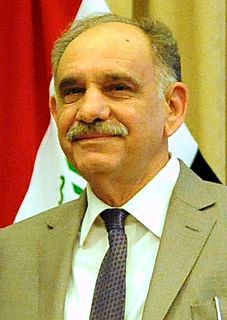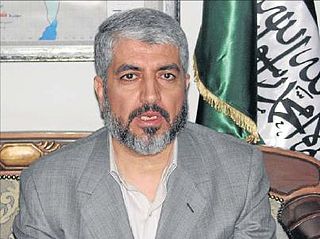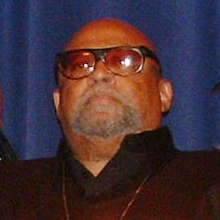A Quote by Talal Abu-Ghazaleh
Throughout all the years and in everything we do, we have focused most of all on the development of human capacity, beginning with our own professional staff, and leveraging their expertise to enrich the Arab community. We have embraced the concept of the 'knowledge worker' and have sought to empower our people and the Arab world's people to dream, to imagine, and to create.
Related Quotes
Recall that the United Nations commissioned Arab scholars and analysts to publish the Arab Human Development Report. What causes the backwardness, the scholars wondered, of 22 Arab states, covering nearly 300 million people? Their conclusion? Of all world regions, the Arab countries scored the lowest in freedom, media independence, civil liberties, political process and political rights.
We could not guard every water pipeline from being blown up and every tree from being uprooted. We could not prevent every murder of a worker in an orchard or a family in their beds. But it was in our power to set high price for our blood, a price too high for the Arab community, the Arab army, or the Arab governments to think it worth paying... It was in our power to cause the Arab governments to renounce 'the policy of strength' toward Israel by turning it into a demonstration of weakness.
Jordan is many different things and there's many different parts of it. We don't ever really get to see a modern Arab city, a part of the Arab world where people are seemingly living their lives like everywhere else and also just a part of the Arab world that's surprisingly Americanized, with fast-food joints everywhere and shopping malls. Over the 30 years I've been traveling there, I really saw it grow and become modernized and much more Americanized in a way that surprised me as an Arab-American.
In many parts of the world, including the Arab world, the Latin American world, and even parts of the Western world, there is a tradition of writers being quite engaged. Particularly in the Arab world you have had very, very strong traditions of literature and poetry and most of the writers have been deeply committed to the cause of the Arab nation.
Whether Osama bin Laden is doing it cynically and has no interest in these matters, or whether he's doing it out of genuine conviction, his voice has a tremendous resonance throughout the Arab world. One editorial in a Lebanese paper said it is a matter of great humiliation for the Arabs that the only man who can outline, truthfully, what our humiliations are is an Arab who has to say it from a cave in a foreign country.
Internally, we're focused on building our own technology, leveraging all the momentum that's out there around wearable computing and mobile computing and PC computing. But at the end of the day, all the code we've written and all the invention we've created has been focused on our own tech and our own products.
I'm grateful to see my work flourish in my lifetime. Many of the great people in our history were not able to see how much their work, suffering and sacrifices enriched our lives and pushed our struggle forward. But I've been blessed to see my work begin in a family home, spread around the world and be embraced by millions of African people throughout the world African community.
I'm from a Lebanese-American family. And I've been had lot of contacts and - with Arab-American community, especially Arab-American filmmakers and actors and so forth. It's a community that, a minority that really hasn't been heard from enough. And so many of the stories that are told about Arab-Americans these days are just negative portrayals in the news, but also in television and film. So we're - we set out to try and offset some of those stereotypes.






























